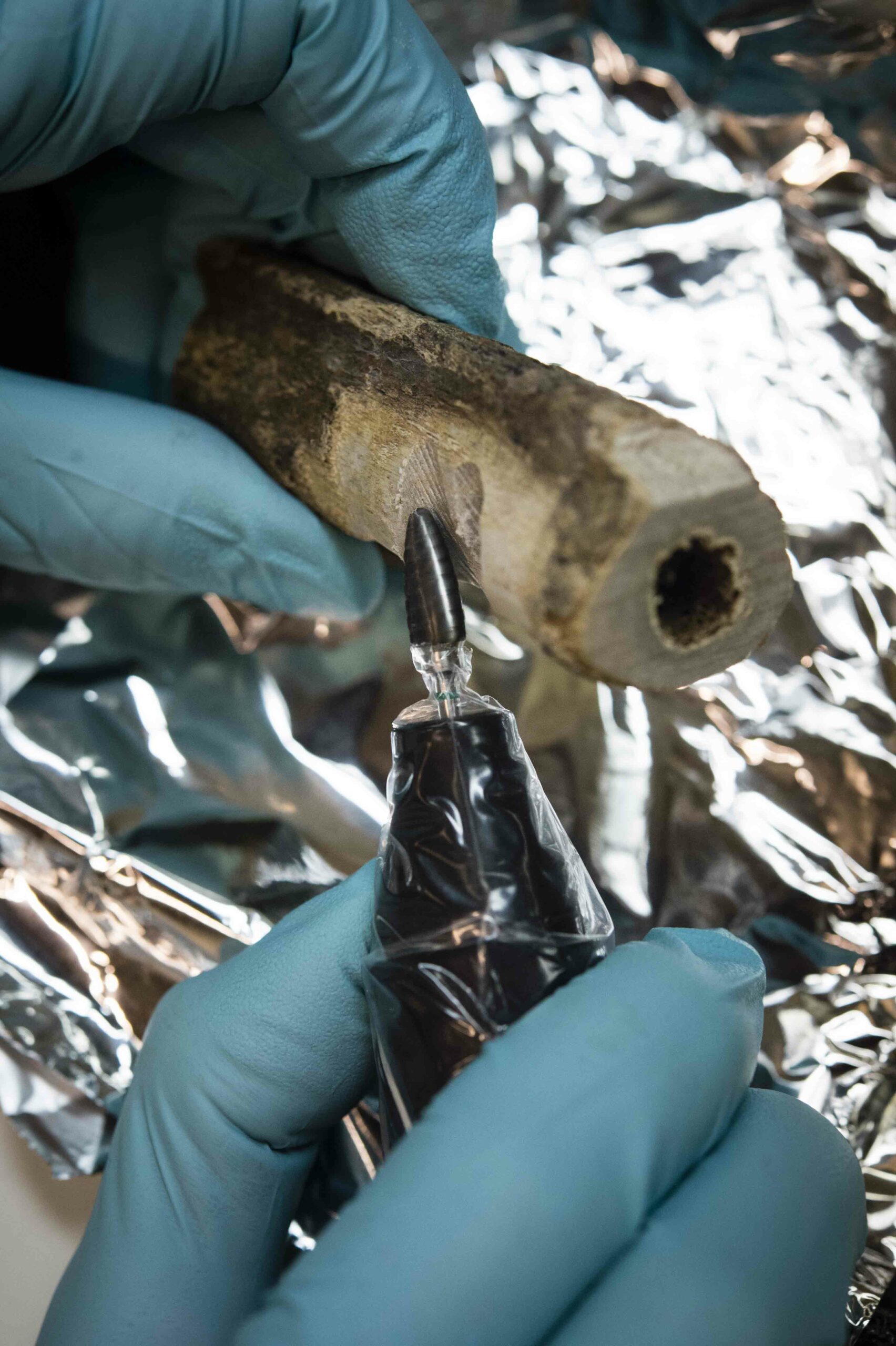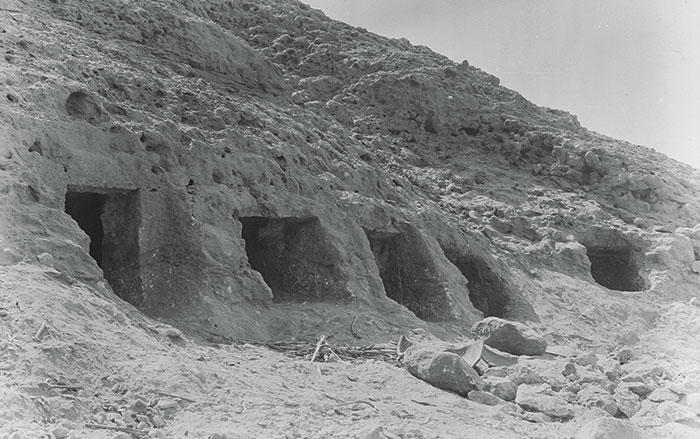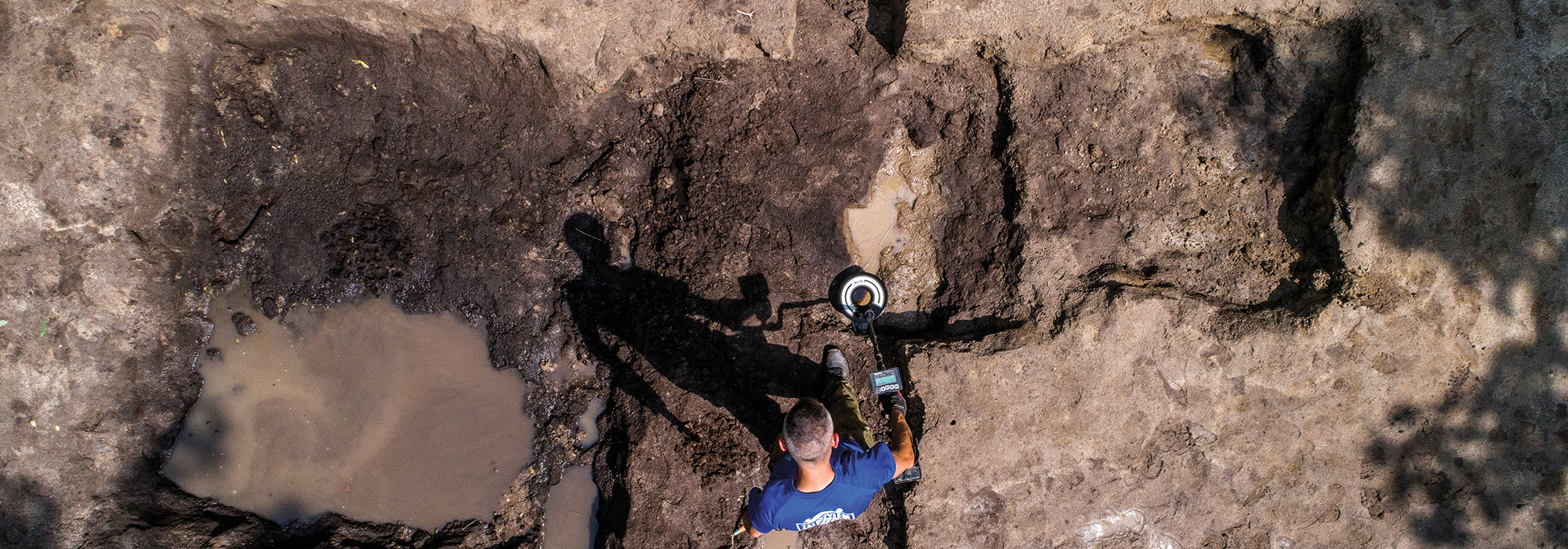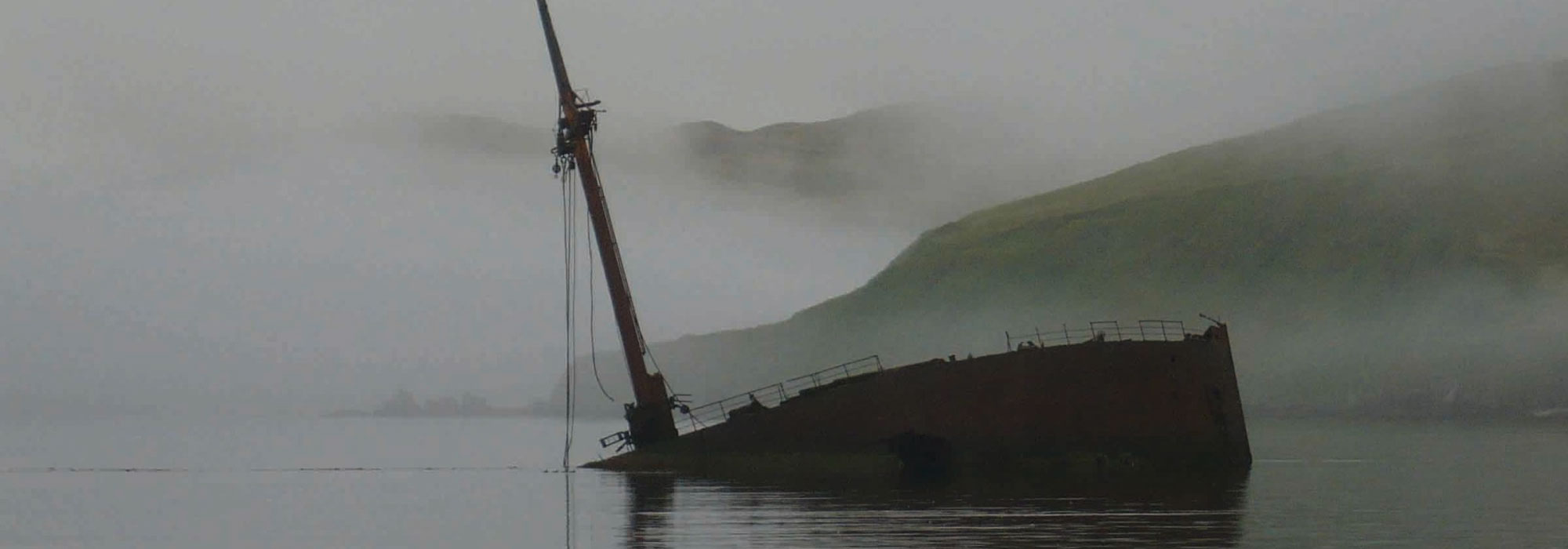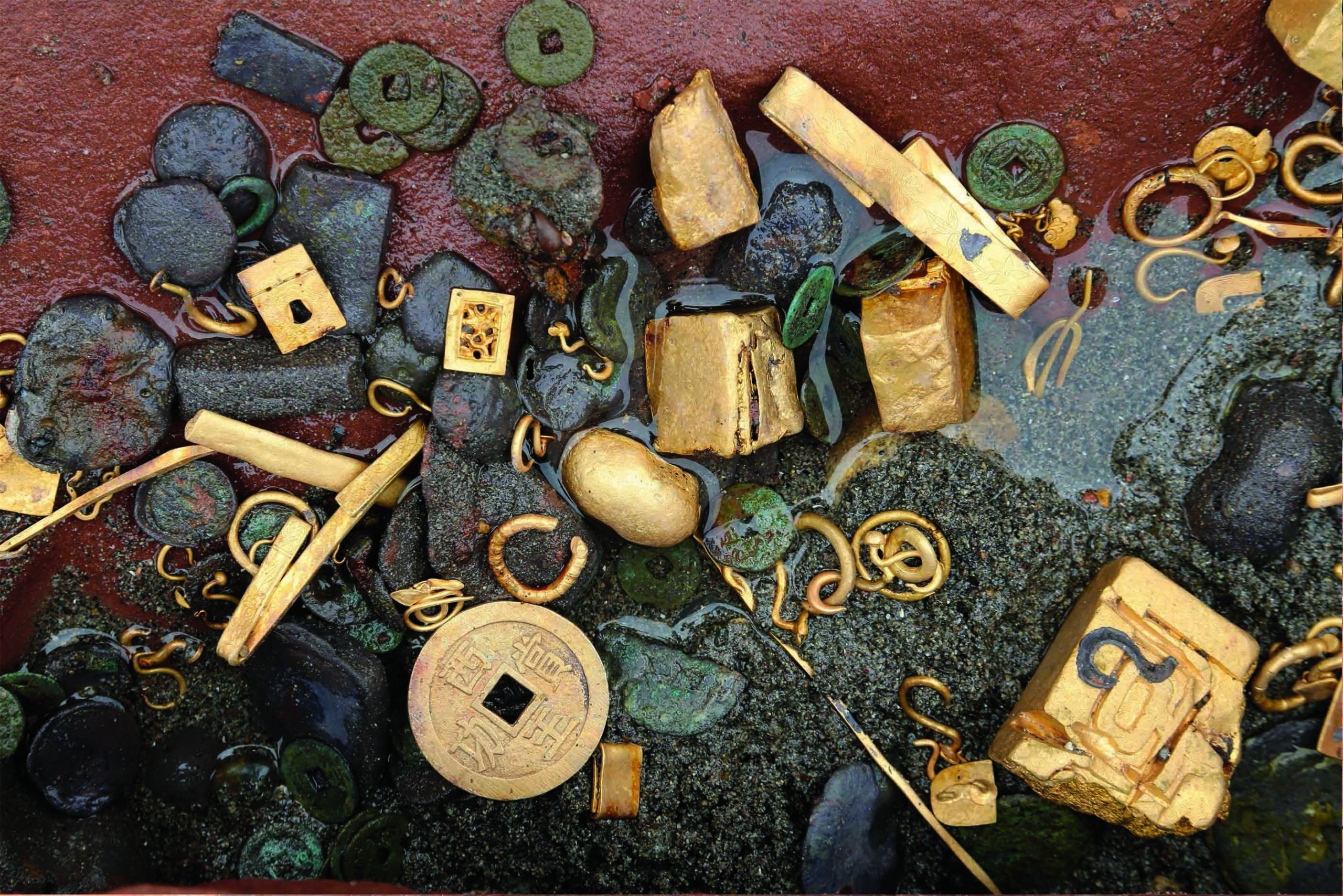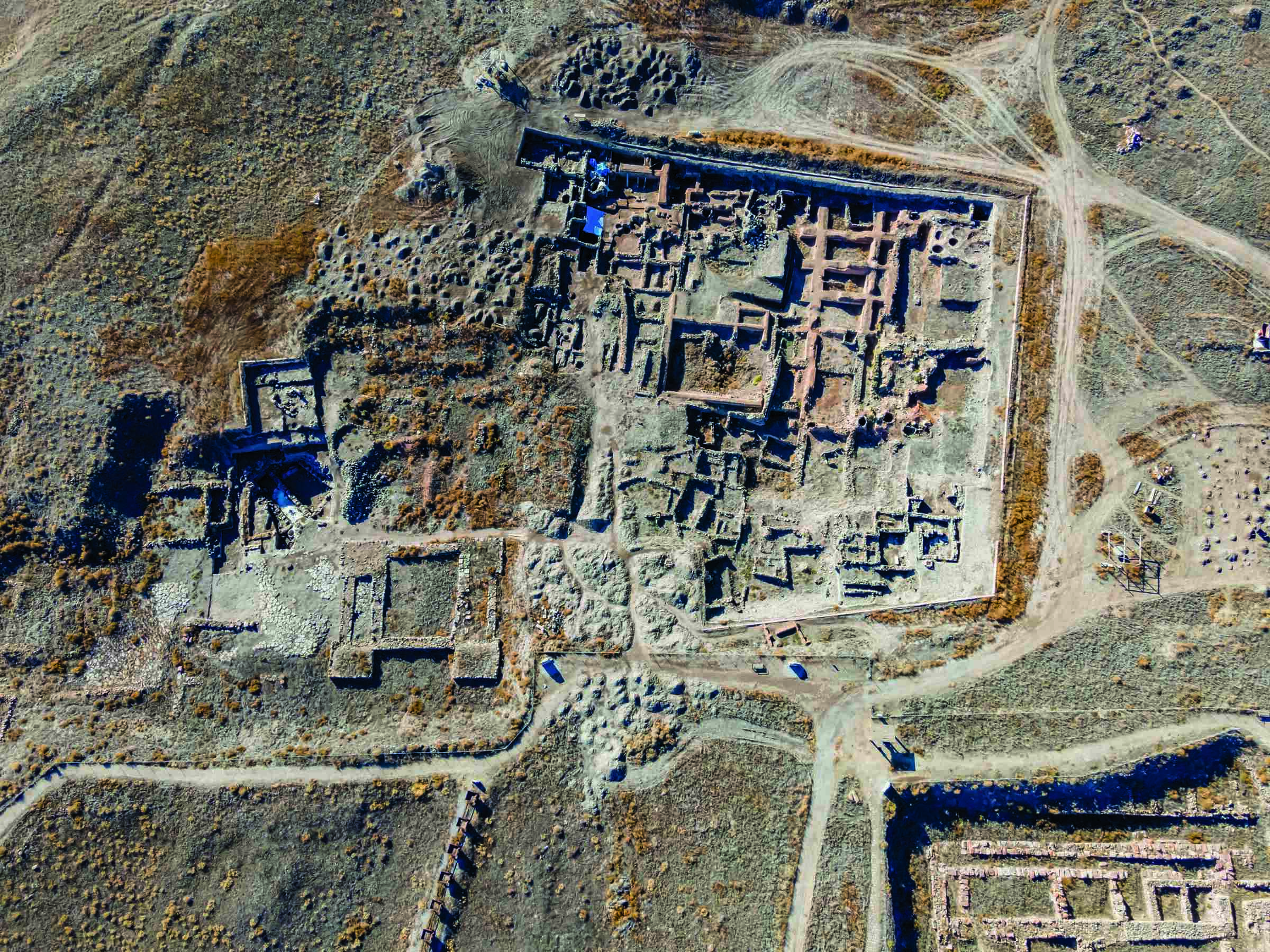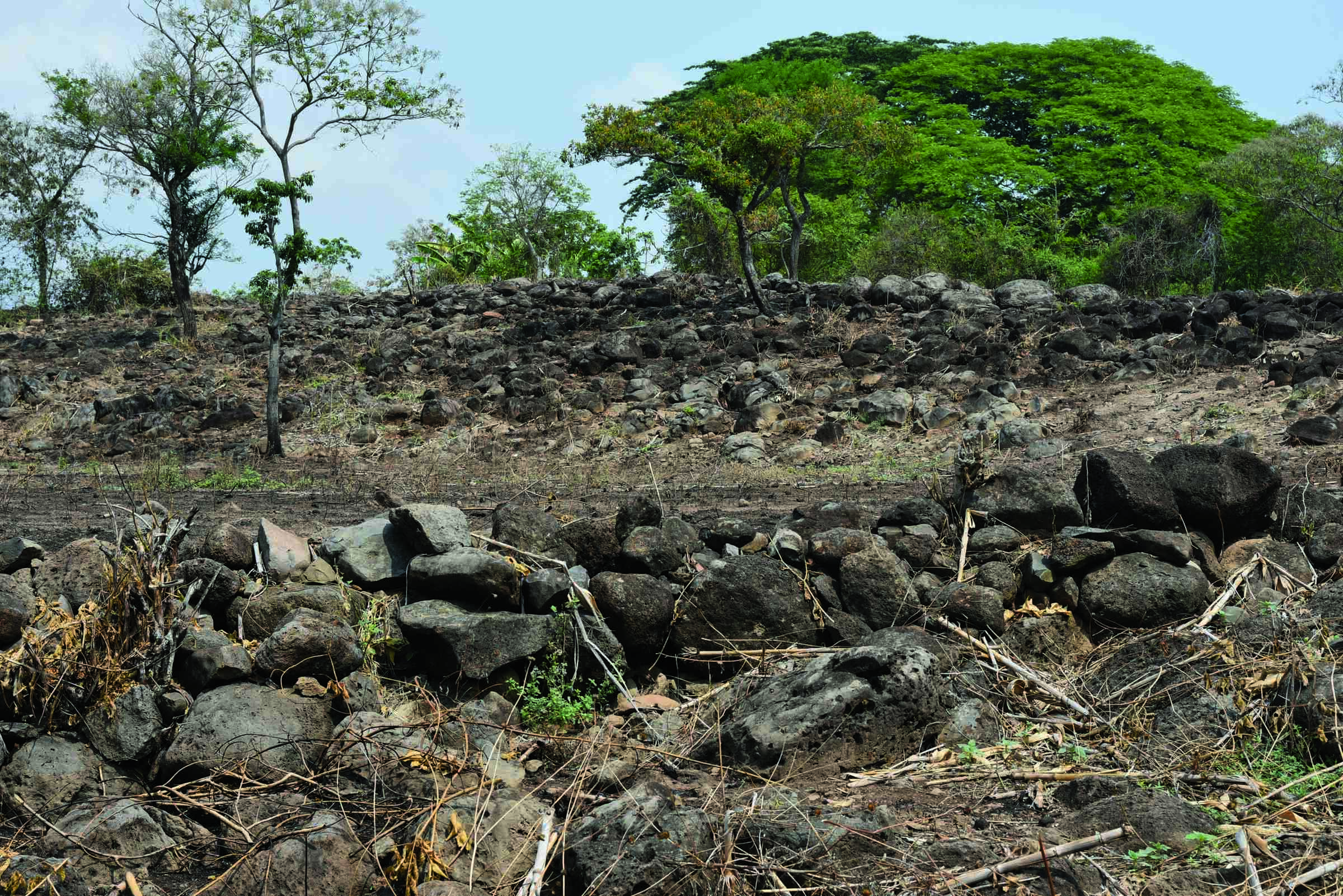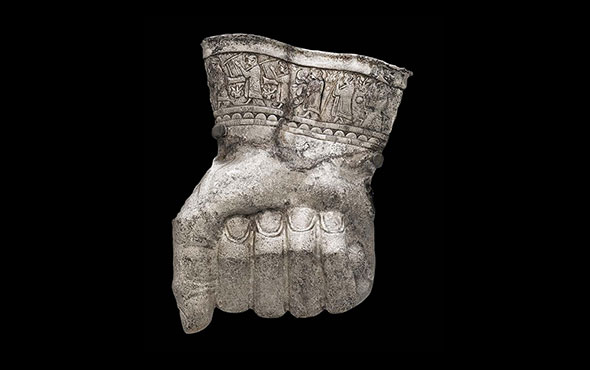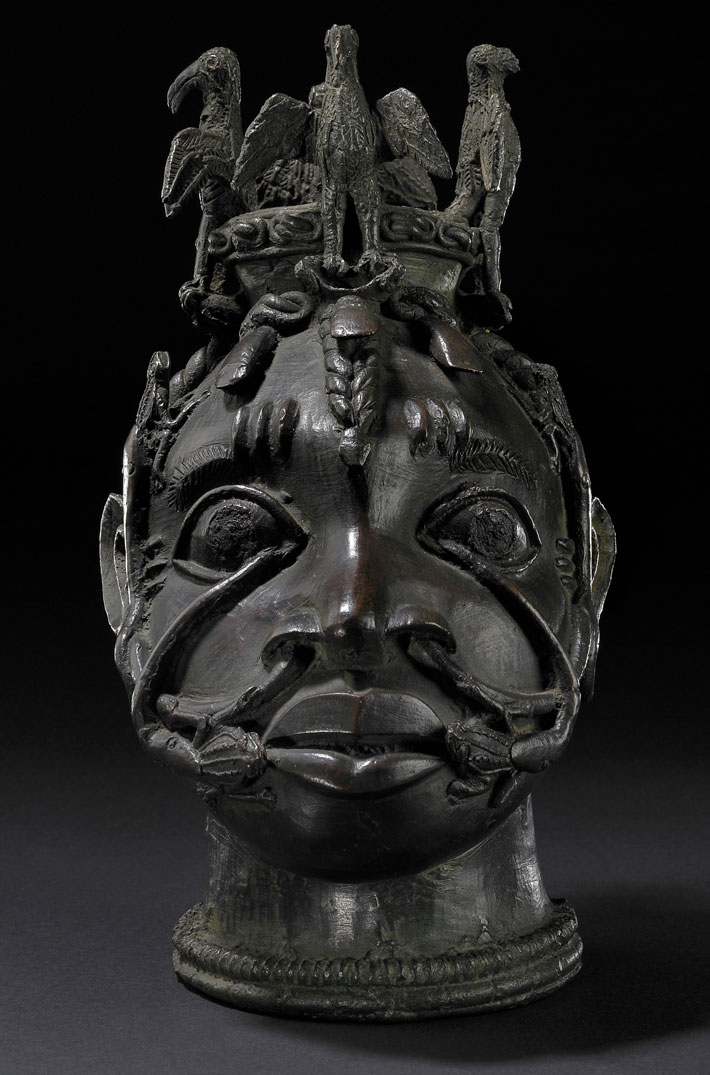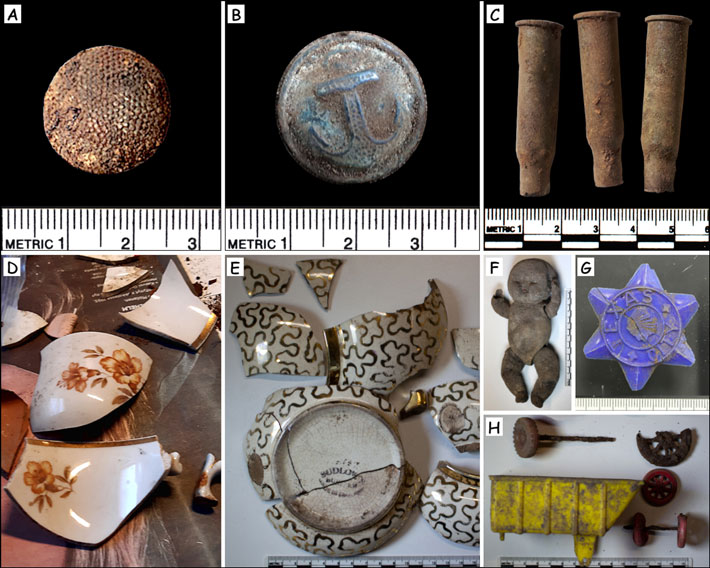
OULU, FINLAND—According to a statement released by Antiquity, an excavation conducted at Vaakunakylä, a neighborhood in west-central Finland established by German troops during World War II, unearthed items left by Finns who moved into the site in the late 1940s. The working-class settlement, which had been labeled as a “bad” neighborhood, was demolished against the wishes of its residents in the late 1980s. Oula Seitsonen of the University of Oulu and his colleagues determined that the original military barracks had been refurbished as family housing. One of the buildings was even repurposed as a sauna, he said. Pieces of several porcelain sets, suggesting that the post-war residents had a higher standard of living than previously thought, were found in rubbish pits. Toys, children’s medication, and pacifiers also point to a good quality of life, Seitsonen explained. Finally, the researchers conducted interviews with former residents of Vaakunakylä, who remembered the community in a generally positive light. “Both the finds and the collected oral histories give a different and more nuanced picture of the Vaakunakylä community than the popular image of the area as a restless and criminal slum-like shantytown,” Seitsonen said. “We hope that this can have a healing aspect when the pent-up feelings are brought to the surface and discussed in public,” he concluded. Read the original scholarly article about this research in Antiquity. To read about plantings in a medieval garden in southwest Finland, go to "The Archaeology of Gardens: Medical Gardens."


